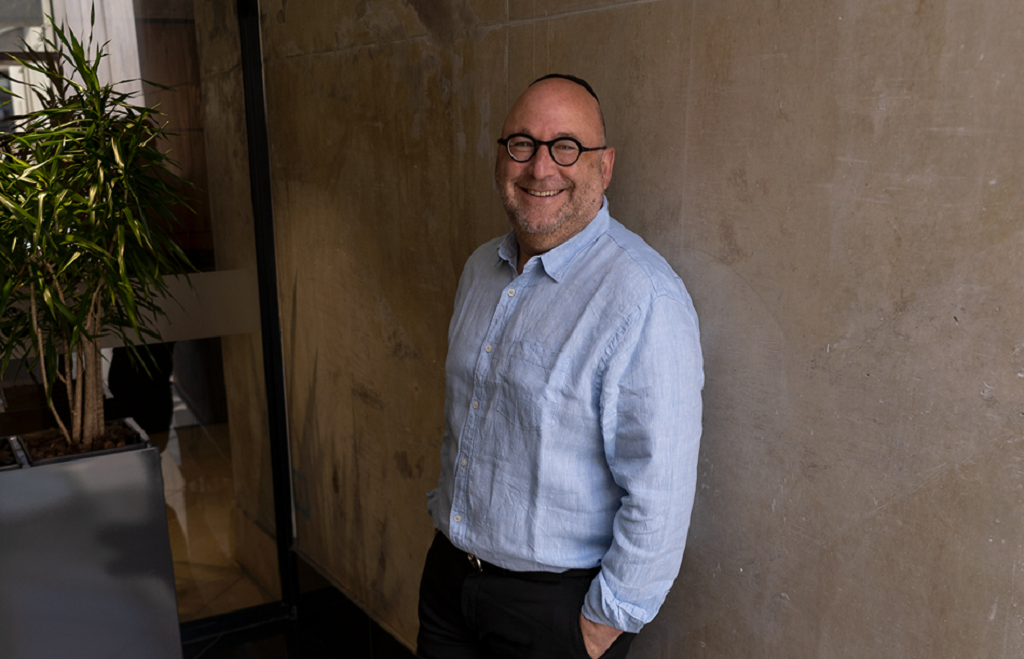By Howard Feldman
If Russia was my friend, I would stage an intervention. I would invite them for coffee, sit them down and ease into it slowly. We would probably chat about loadshedding, where I am on my solar journey, and we would shake our heads at the madness of it all. We would laugh about a shared incident from the past and we would chat about work.
At some point I would notice that my first cup of coffee (a cortado), was finished and I would get up to order another. Russia would probably not want another more caffeine but would request a sparkling water once I was going.
It would be on my return to the table that I would approach the subject. To begin with, I would let them know that I needed to chat about something serious and I would change my tone. I would reiterate that I care about them, that whatever I was about to say, came from a good place and that my interest as a friend is for them to succeed. I would then explain why I thought that invading Ukraine and causing the death, destruction and displacement of so many, was not a good decision. And that I knew that they were better than that.
I would likely use the example of the famous anti-drunk driving campaign, launched in 1982 led with “Friends don’t let friends drive drunk.” An iconic advert that resonated then and continues to do so to this day.
As a friend, I would never give Russia the impression that their behavior was acceptable to me. Because being a friend carries significant responsibility. And whereas it is easier and tempting to ignore problematic decisions, it is wrong to do so.
On this basis, the African National Congress is no friend to Russia, despite their protestations and despite them claiming that “Russia is a longstanding ally and friend to the ANC”.
It is noteworthy that the claim was not that Russia is a friend to the people of South Africa, but rather to the political party. But let’s “circle back to that” in a bit.
In recent days, the ANC confirmed that several of their members are in Russia on a “working visit”. This follows concerns about naval drills conducted with Russia and China on the anniversary of Russia’s invasion: despite the number of concerns raised by South Africa’s allies. It adds more worry to the fact that South Africa might breach the Rome Statute, of which it is a signatory and not arrest Vladimir Putin should he decide to vacation in the country.
The ANC itself has a history when it failed to arrest Omar El Bashir eight years ago when he was spirited in and out of the country. At the time, there was some conversation about the country exiting the ICC, but as that never happened, the government is still bound by its regulations. It chose to stay, which means it has chosen to abide by the regulations of the Rome Statute.
In a nutshell, there is little room for South Africa to avoid arresting Putin: even though there is not a person in the country who thinks that they have the moral fiber and or backbone to do it.
Returning to the distinction between the South Africa and the ANC, it is hard to imagine a clearer example of the disconnect between the two. South Africa’s international policy managed by Department of International Relations and Cooperation (DIRCO) has become a global embarrassment. Its Minister, Naledi Pandor, appears to either be on her own mission (which is worrying) or reflects a bizarre approach by the ANC (which might be even more worrying).
What is clear, is that like in many other areas, the ANC has lost touch with the people it is meant to represent. They have gone morally rogue and are hanging out with the crowd that would encourage a friend not only to drink, but to drive home after having done so.
They say that one can judge a person by the friends they keep. Whether that applies to Russia who has friended the ANC, or the other way around, there seems to be little doubt that these are not friends who will debate morality over a cortado and who will have the difficult conversations that friends sometimes need to have.




